Zambia is in the next five years expected to have a serious electricity shortage, prompting cabinet to approve a gradual tariff increase of energy prices to attract investment in the sector.
And the country’s external debt has swelled to US$13.36 billion as at end-September 2022, owing to a continuation of projects left by the former Government.
This is according to the Finance and National Planning Minister Situmbeko Musokotwane at the town hall meeting in Lusaka on Friday to discuss the 2022 Economic Performance and 2023 Budget Execution.
Musokotwane said the current electricity was not enough to supply the country for the next five years.
“All I am saying now is that for us to interest the private investors into electricity production because ZESCO is not capable to handle this problem, the price of electricity has to increase. If we do not do that, then I am afraid we are going to have a serious shortage of electricity in this country.
“We will allow a gradual increase in the tariff over a five year period. This is important to give a signal to those who are willing to invest in the sector so that we avoid serious shortage of electricity by the time the new mines are opening up. There are so many companies willing to invest in this sector providing the prices enable them to make profits,” he said.
Musokotwane emphasised that Government had no other option but to take up this measure.
“Cabinet has approved the gradual increase of electricity over a five year period to allow investment in the energy sector. We have no other choice on how to mitigate this electricity shortage. In the next five years, Zambia will have a very serious shortage of electricity,” he said.
Read more: Zambia’s energy regulator approves upward adjustment of electricity connection fees
Meanwhile, Musokotwane said the country’s external debt increased by 2.5 percent to US$13.36 billion from US$13.04 billion as at end of December 2021.
Musokotwane attributed the increase in eternal debt to the continuation of the projects left by the former ruling party which were deemed important.
“The continuation of these projects deemed important led to the modest increase of the external debt to US$13.36 billion.
“As at end-December 2022, the stock of Government securities increased by nine percent to K210.0 billion from K193.0 billion as at end December 2021. Resources raised were used to finance Government operations,” he said.

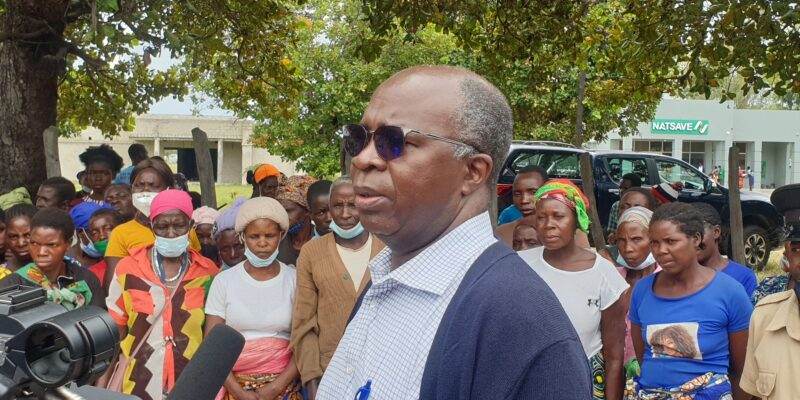
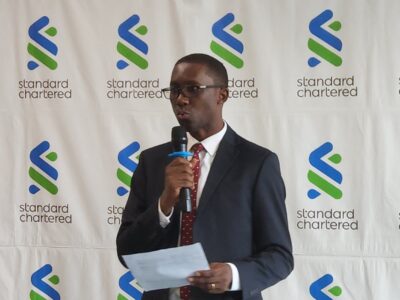
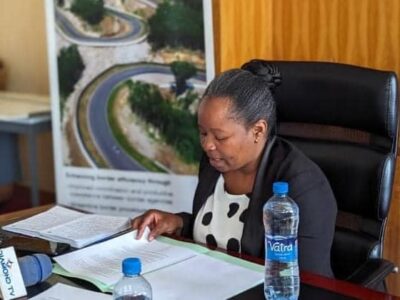
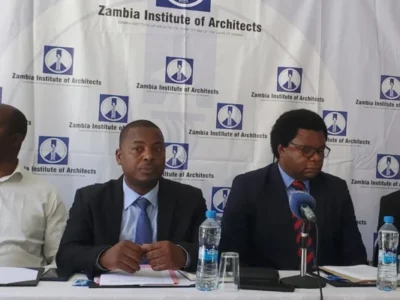


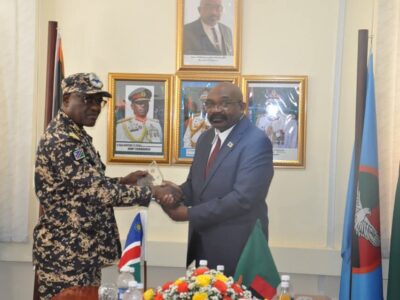




Comments